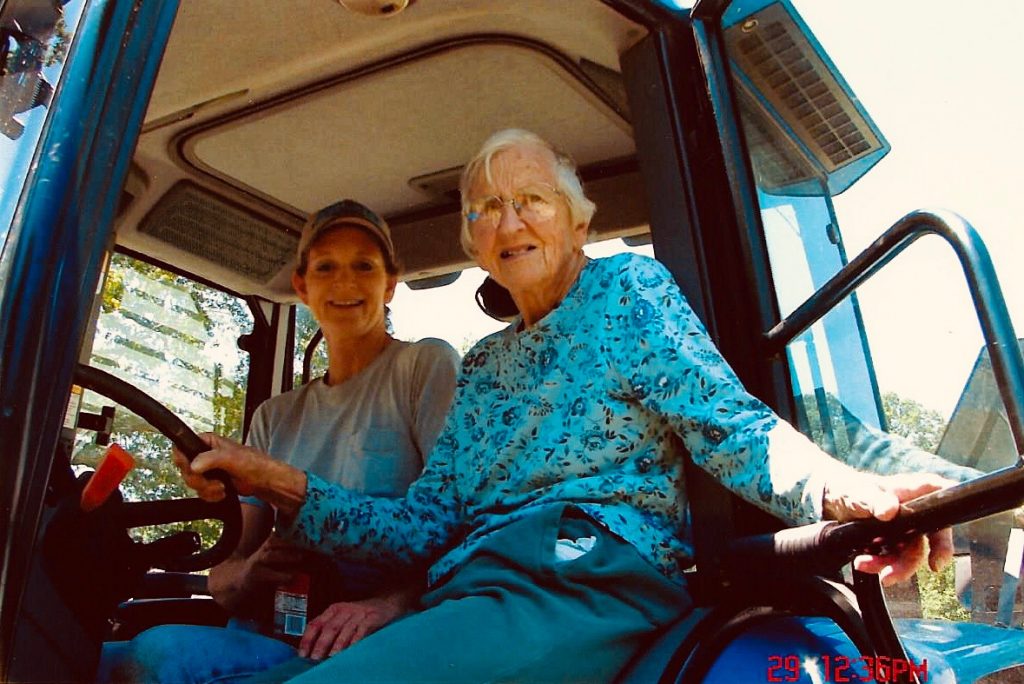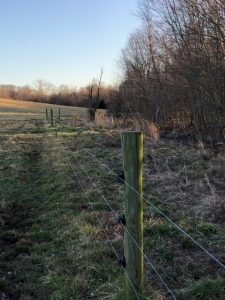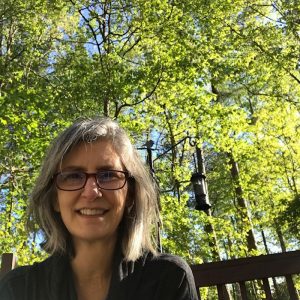
When she decided to take on her family farm, Janet Gayle Harris proudly stepped in as the latest in a line of strong women who had run Aspen Grove in some capacity since the Civil War.
If she ran into problems early on as a female farmer in a man’s world, she thought of her twice great-grandmother, Lucy Went Pratt, widowed and on the property with her four daughters when the Vermont Brigade took over the nearby fields to set up a camp hospital in the winter of 1862-1863. To protect her livestock, Lucy moved the hogs up to the yard, just outside of the lean-to kitchen. Once, when a soldier got too close, he was run off by boiling water taken straight from the stove and poured onto him from the kitchen window.
After the war, pieces of the 224-acre farm were passed down or sold among family on Janet’s maternal side. Bowens, Pratts, Rollinses, Gayles and Harrises (with a Crump in the mix) sold each other parcels and bought them back as fortunes shifted.
By the time Janet and her sister inherited an interest in Aspen Grove from their mother, 81 acres of the original farm remained under their ownership. “Putting the farm back together was on my bucket list,” Janet says. As she’s reunited much of the original property under her own ownership though inheritances and purchases from uncles and a cousin, she’s also grown it 368 acres.
More than half of this is protected by easements with VOF, and she’s not done yet. “I’m going to homogenize protections among all the parcels,” she says.
While she runs a 75-head herd of cattle and grows hay, she also helps to protect the watershed by maintaining CREP fencing and utilizing best management practices set up by the Natural Resources Conservation Service and the Tri-County Soil and Water Conservation District, which covers King George, Stafford, and Spotsylvania Counties.

Even before placing an easement on the property, she and her mother, Agnes, installed riparian buffers on the creek that once ran between their farm and Agnes’ brother’s place. They planted close to 4,000 trees, Janet says, and now that Janet has inherited her uncle’s land, the buffer runs on either side of the creek through the middle of her property for over a mile, extending 35’ outward from the tops of the banks.
Harris’s stewardship of Aspen Grove also makes it an educational resource for others. She hosts farm field days for various agencies, including the Virginia Grasslands and Forage Council, which sponsors pasture walks to teach farmers about conservation grazing.
But the most far-reaching educational event happens in April of every year, when 140 4th-graders from the King George Public School District descend on the farm for a day of hands-on learning. The wetland areas of Muddy Creek and Black Swamp Creek on the property make an ideal outdoor classroom for learning about watersheds.
“They have a wetland scavenger hunt and do chemical testing on the streams,” Harris says. “They see how the waters run and where they go. It’s a real-life view of the watershed, which is so important.
“The only way we’re going to preserve these areas is to get the next generation out and onto the land,” she adds, “so it’s nice when I run into a child who recognizes me because they remember coming to the farm and learning about the creek.”
The easement helps ensure that the youngest generation of Harris’s family remains connected to the land as well. “My goal was to protect it,” she says. “I have a great-nephew who’s 15 and involved in 4-H, and a great-niece who’s four.”
Harris’s great-niece is still too young to know whether she will be the next generation of women to help protect the farm. “She likes cows, so we’ll see!” Harris says. “Whatever the next generation decides to do with it, the easement means it’s protected, and that’s what counts.”
